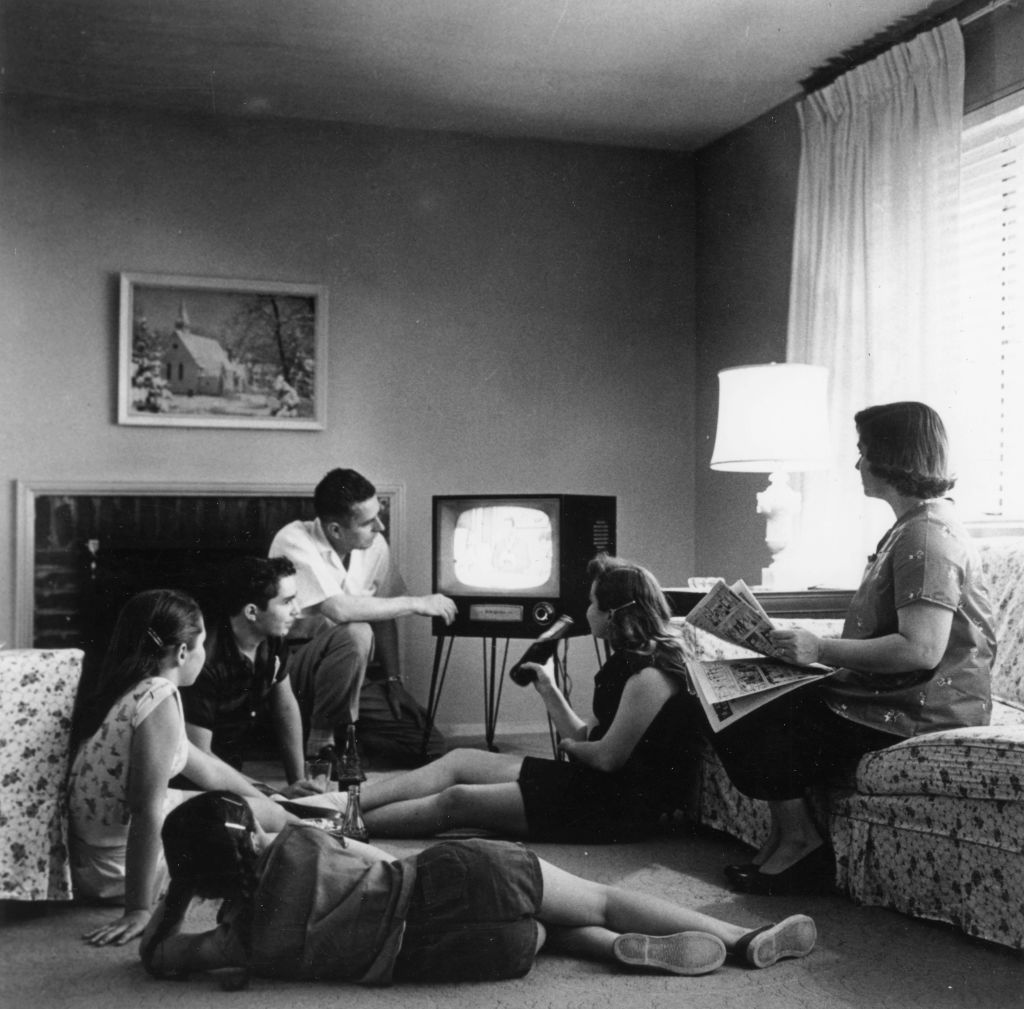In the latest move to consolidate the entirety of human expression onto a single screen, Netflix and Spotify have announced a partnership that will bring 16 of The Ringer's video podcasts to the platform, barring them from publishing to YouTube.
Netflix has been sweating YouTube's increasing share of television screentime, and clearly sees poaching 16 popular video podcasts and prohibiting them from streaming to YouTube as a way to encroach on its rival's core business. But this bizarre deal fundamentally misunderstands why people use these platforms, because rewatching a sitcom is not the same as playing an ambient music video, Netflix is not YouTube, and podcasts are not television.
Consumption of video podcasts on YouTube certainly is on the rise: The New York Times cites a Cumulus Media study that says 72 percent of podcast consumers prefer video, which, sure. You know how I feel about video podcasts at this point, but I am also not going to stand in a thunderstorm and pretend it's sunny. The video podcast is a ubiquitous medium for clout-chasing celebrities and bored A-listers, even as they contribute to an increasingly tiresome torrent of 90-second videos optimized for social media and commented on by armies of engagement bots.
Where once Netflix, Spotify, and YouTube would have been content to offer their fundamentally different products, smart phones and smart TVs have brought all of them into direct competition with each other for primacy in users' flatbrain passive consumption time. Old shows like Gilmore Girls have led Netflix in mindless comfort watching among younger users, but now Netflix has to compete with the entirety of online media, including ambient coffeeshop live streams, "study with me" creators, and yes, video podcasts (as I'm writing this, I've got this "Warm Autumn" Lofi hip-hop livestream playing in the background).
Netflix is betting that if it brings some podcasts to its platform, users will begin to associate their favorite shows with Netflix instead of YouTube, where they might have viewed them before. This could plausibly happen. But what users will not get is YouTube's robust recommendation algorithm, nor will they get the sheer magnitude of nearly endless content that exists on YouTube. Netflix is trying to mimic its main competitor without really understanding YouTube's appeal to begin with. Video podcasts are popular on YouTube because of the millions of bored office workers who discovered how easy it is to type "youtube.com" into their web browser, and accept whatever the algorithm serves up to them. Is Netflix imagining that millions of Americans are going to now cook dinner, open a bottle of wine, settle into the couch, and fire up their TV to watch Bill Simmons and Zach Lowe give their predictions for the NBA season?
Spotify, on the other hand, is making a shortsighted decision to give up autonomy over the extremely lucrative distribution channels of 16 of its podcasts, in exchange for what is presumably a huge payday from Netflix, and a promise to be featured prominently on their platform. This will be nice as long as their strategies align, but Netflix is famously a company that drops projects when they aren't working. Ironically, Spotify is doing with Netflix exactly what countless independent podcasts did by going all-in on Spotify: tying its success to another mercurial company's internal strategy. You can imagine the headlines in 1-3 years: "Citing Low Metrics, Netflix Ends Spotify Deal."
By then, the executives of both companies will have made hundreds of millions of dollars before moving onto the next shiny target. Maybe Bill Simmons will get a fancy new Netflix deal he can use to boost his real estate portfolio. Just as likely: Hundreds of staffers will inevitably lose their jobs when the companies change direction. Tough shit for them.
I also have a hard time seeing how this is a positive for avid fans of The Ringer's podcasts, especially if they don't already have Netflix subscriptions. Spotify is taking content that was previously accessible for free on YouTube and putting it behind a paywall on a different website, where it is completely cut off from the recommendation engine that powers YouTube's attention gravity well. The move will certainly test the loyalty of these shows' viewers, and I can't imagine it turning out well for Spotify's long term strategy.
The real sin here is not that Netflix is Trying To Make Video Podcasts Happen. It's that the people running these companies—the most powerful people in the technology, media, and entertainment industries—are all infected with the same ideas that lead them to lust after every inch of unclaimed market share. In doing so, they've forgotten one of the basic tenets of marketing: If you try to be for everybody, you will be for no one.






